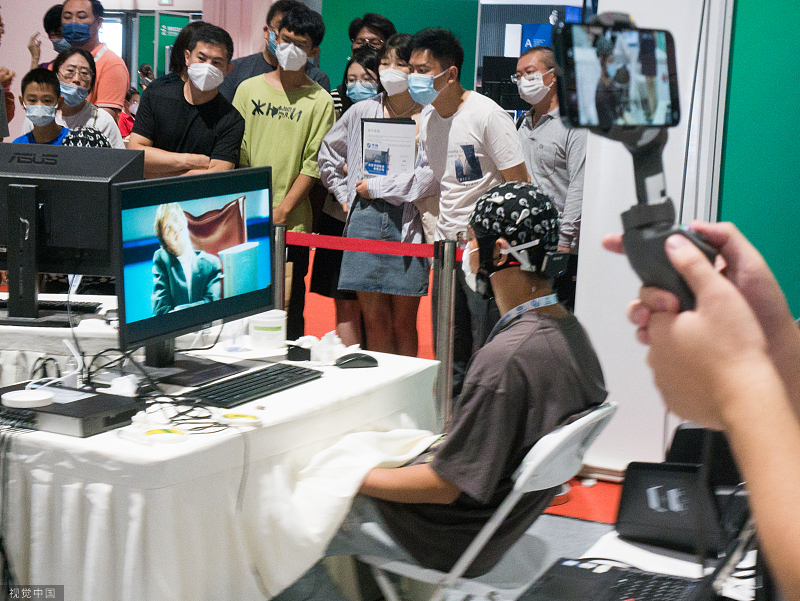
We hear all the time about the marvels of the biz-tech combination that can make a positive difference to people's lives, but what I learned about recently is otherworldly, breathtaking and in a class of its own.
China's first invasive brain-computer interface or BCI research led to unbelievable benefits for a 72-year-old man who became a quadriplegic after an accident. Thanks to BCI, he was able to eat Youtiao, a Chinese fried bread, with the help of a mechanical arm.
He used his mind to spread the device's fingers, hold the cup with Youtiao, and move it up little by little until it reached his mouth.
Grasping, holding and moving …these three key actions are pretty simple for ordinary people, but for people with disabilities caused by mishaps like spinal cord injury, they become impossible. But BCI advances promise to change all that.
The technology involves a series of complicated processes, including sending signals, transmission and decoding.
To be sure, the marvel discussed above is still in the research phase. That is, it is still not in the realm of large-scale clinical trials. But it does speak volumes about the determination of the research team concerned at Zhejiang University and the second affiliated hospital of the Zhejiang University School of Medicine, to make cutting-edge tech serve society's needs.
Realizing that the elderly man likes to play mahjong, a tile-based game popular in China, the research team designed a customized program to allow him to play mahjong on computer. He could control the mouse with his mind.
If that's a wonder, for thousands of participants at the Zhongguancun Forum, a tech event held in Beijing in May, the surprise on-screen appearance made by Qian Xuesen, a Chinese aerospace engineer who helped develop the rockets that fired China's first satellite into space, was no less than a marvel.
Why? Qian died in 2009. The life-size digital likeness of Qian, complete with his trademark endearing smile, however, shared his view on metaverse, a three-dimensional digital space that uses advanced tech like virtual reality and augmented reality.
In the early 1990s, Qian explored whether virtual reality could be applied to integrate human-computer interactions. He even called the technology Lingjing, Chinese for the realm of mind.
Qian Yonggang, son of Qian Xuesen, said in a note that the digital likeness of his father will be used only to inspire scientists to make more innovations in the country so as to benefit society.
That sentiment reflects a recent trend of Chinese tech companies striving in that direction. For instance, Tencent Holdings has been looking to "improve people's quality of life through internet value-added services." Its founder and CEO Pony Ma has vowed to make the tech-for-society mindset part of the company's vision and development strategy.
Dominic M Smith, former chief technology officer of Intel's Technology Manufacturing Foundry Group, said that artificial intelligence is growing by leaps and bounds but is yet to serve humanity in an optimal way.
The current path of AI development is not geared to realize the full potential of the technology. If it's used widely in medical care, pension and other related fields, however, AI can greatly improve the quality of life of people all over the world, he said.

